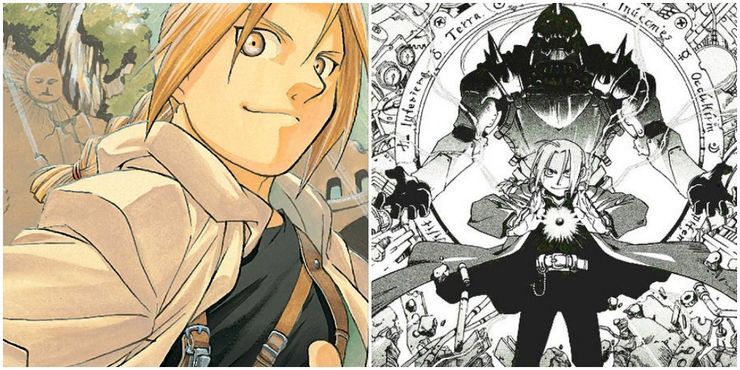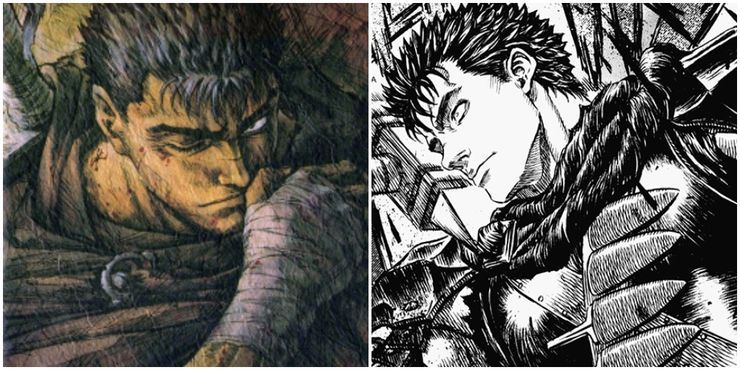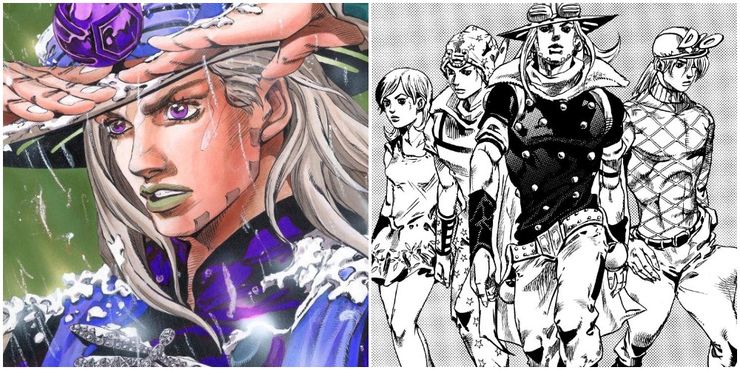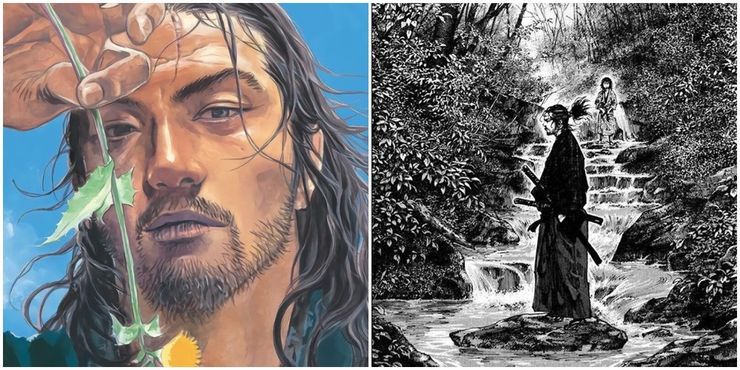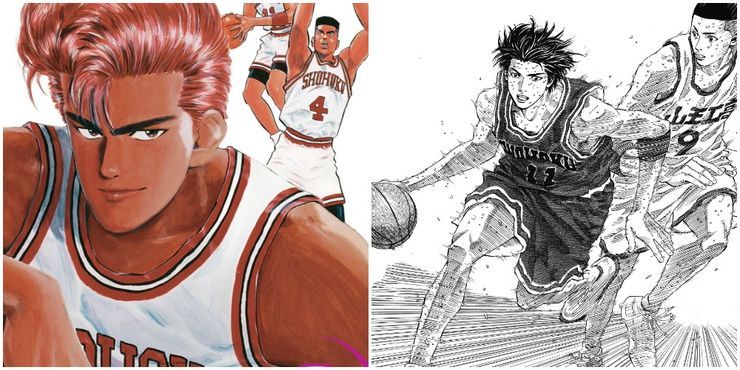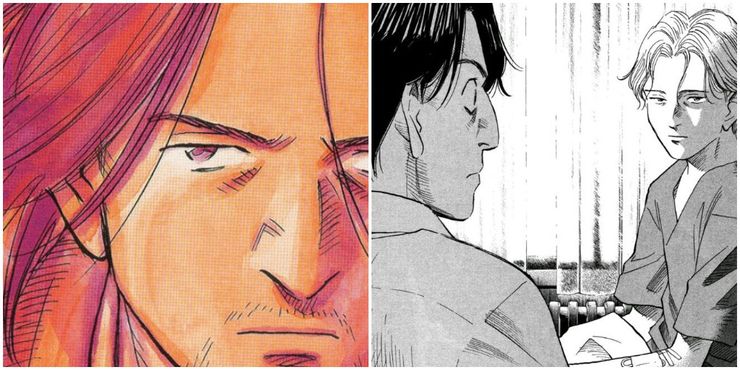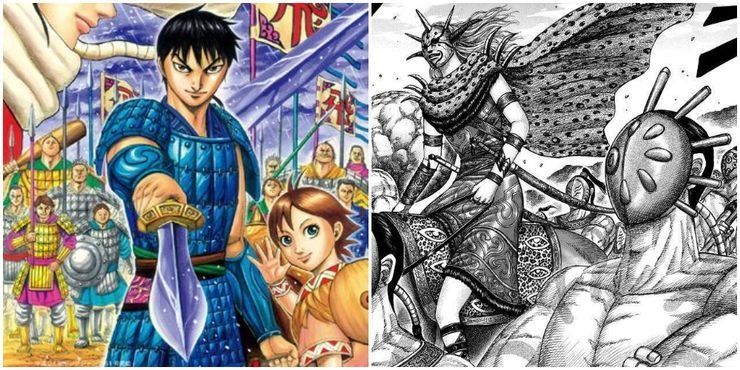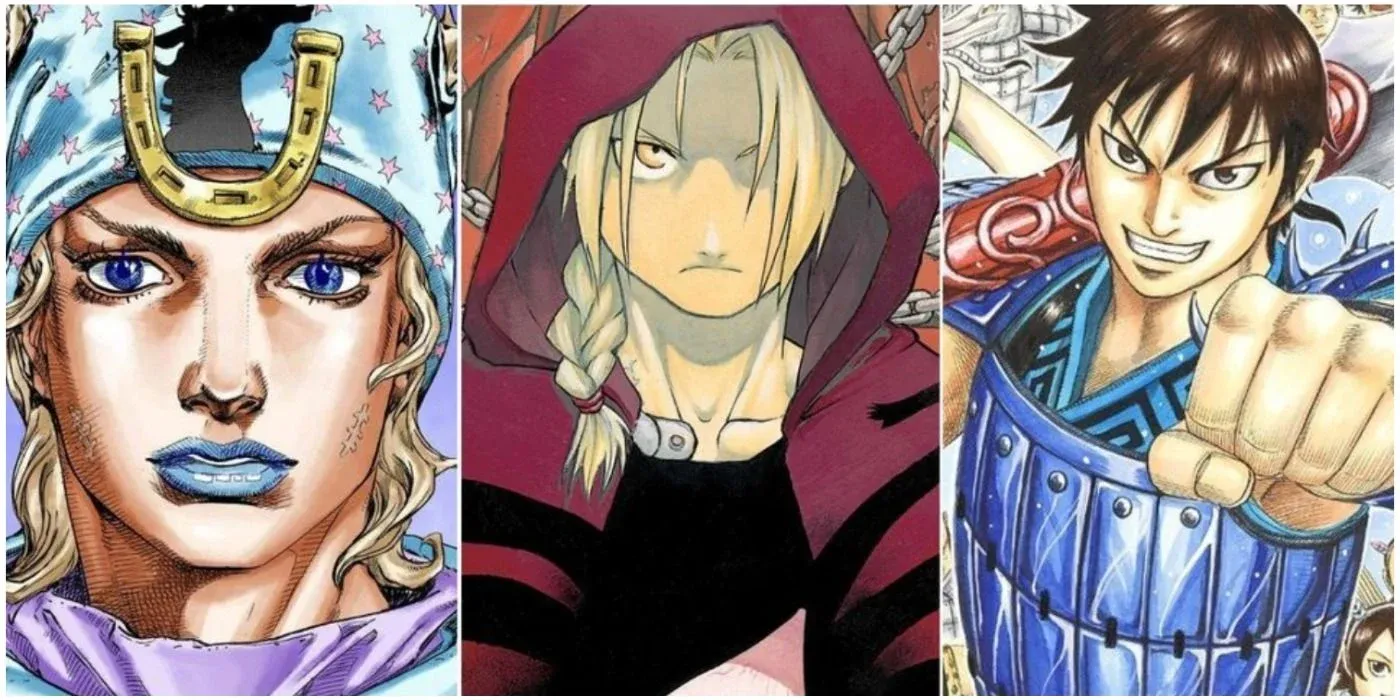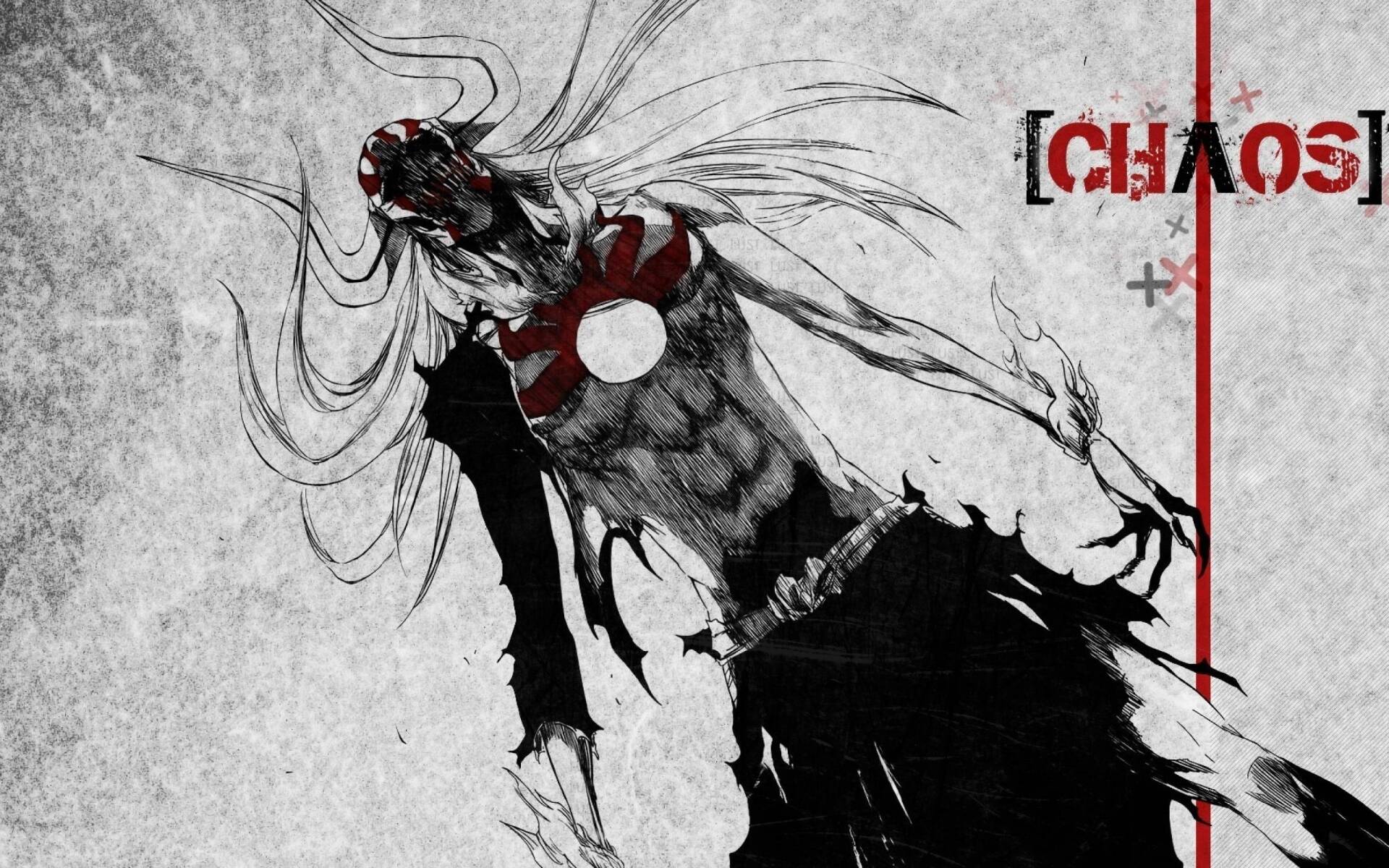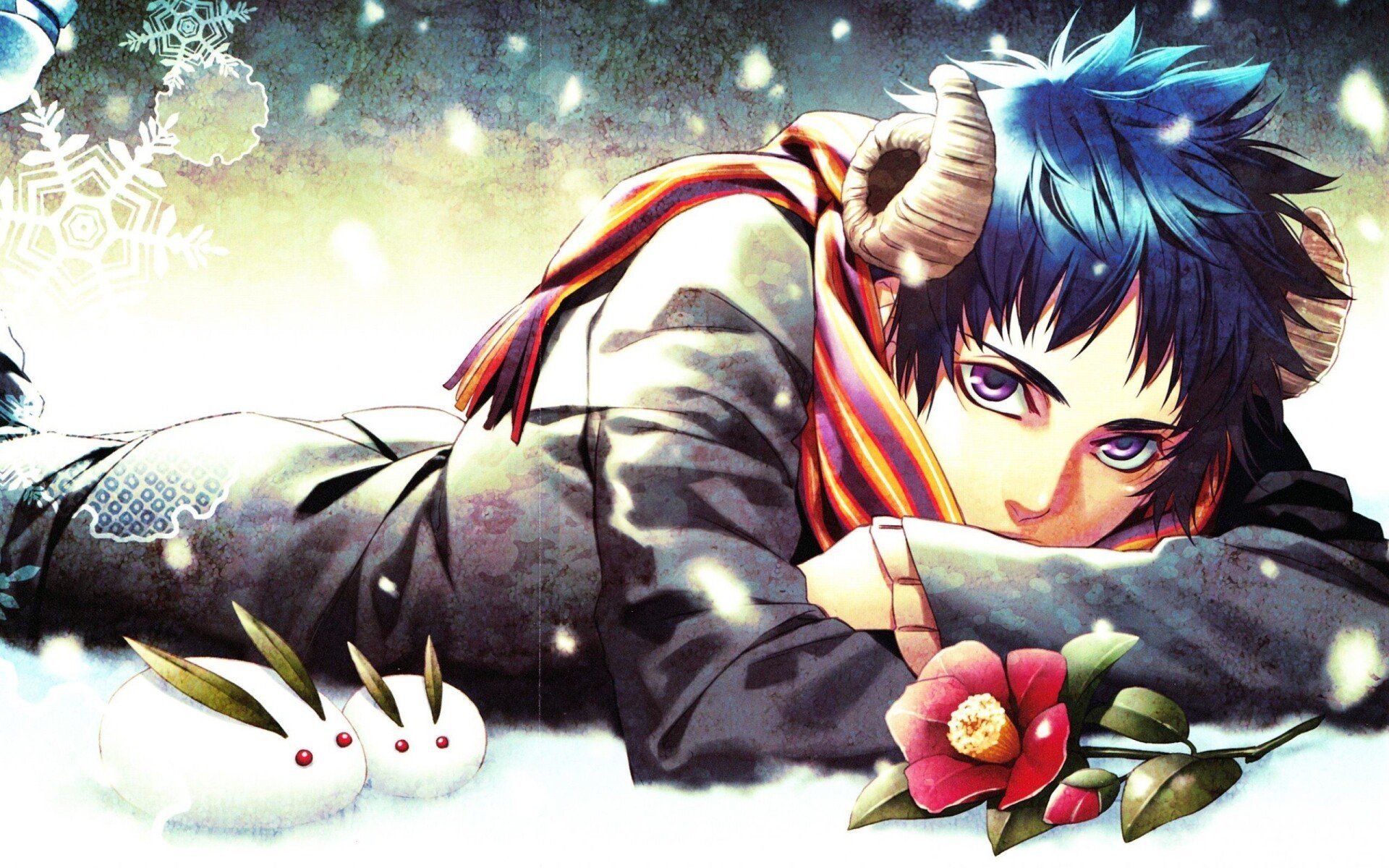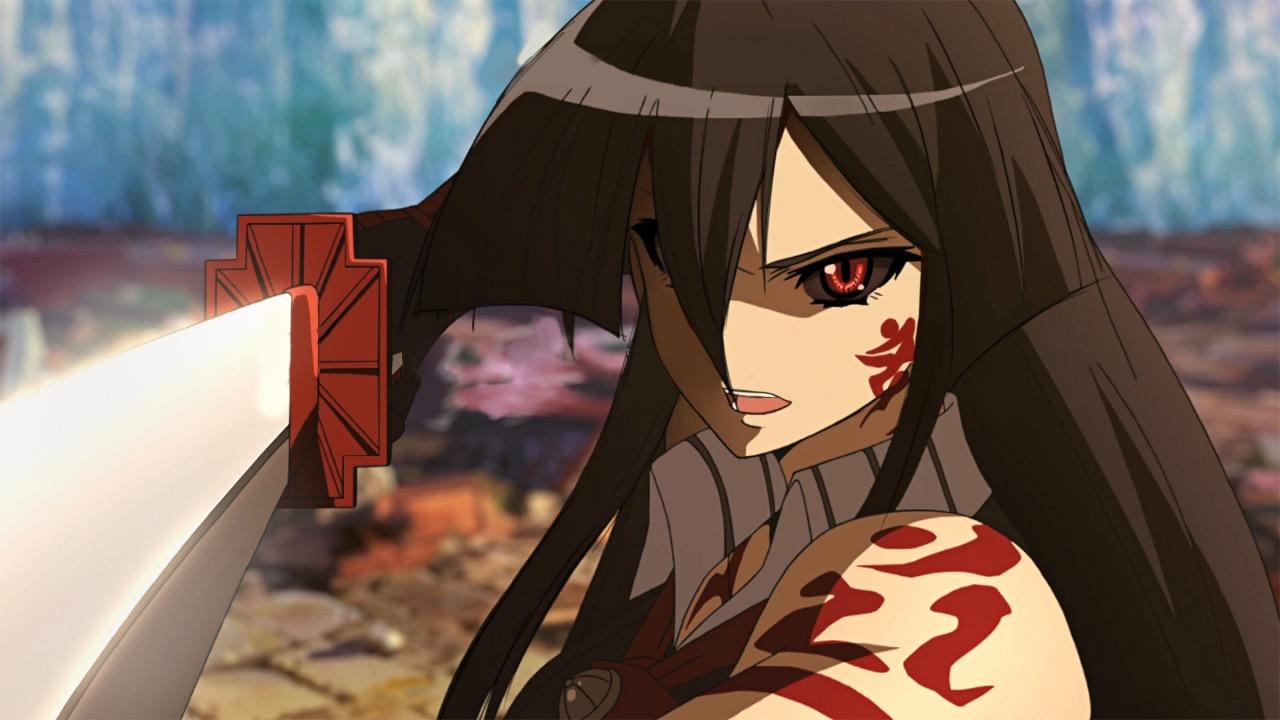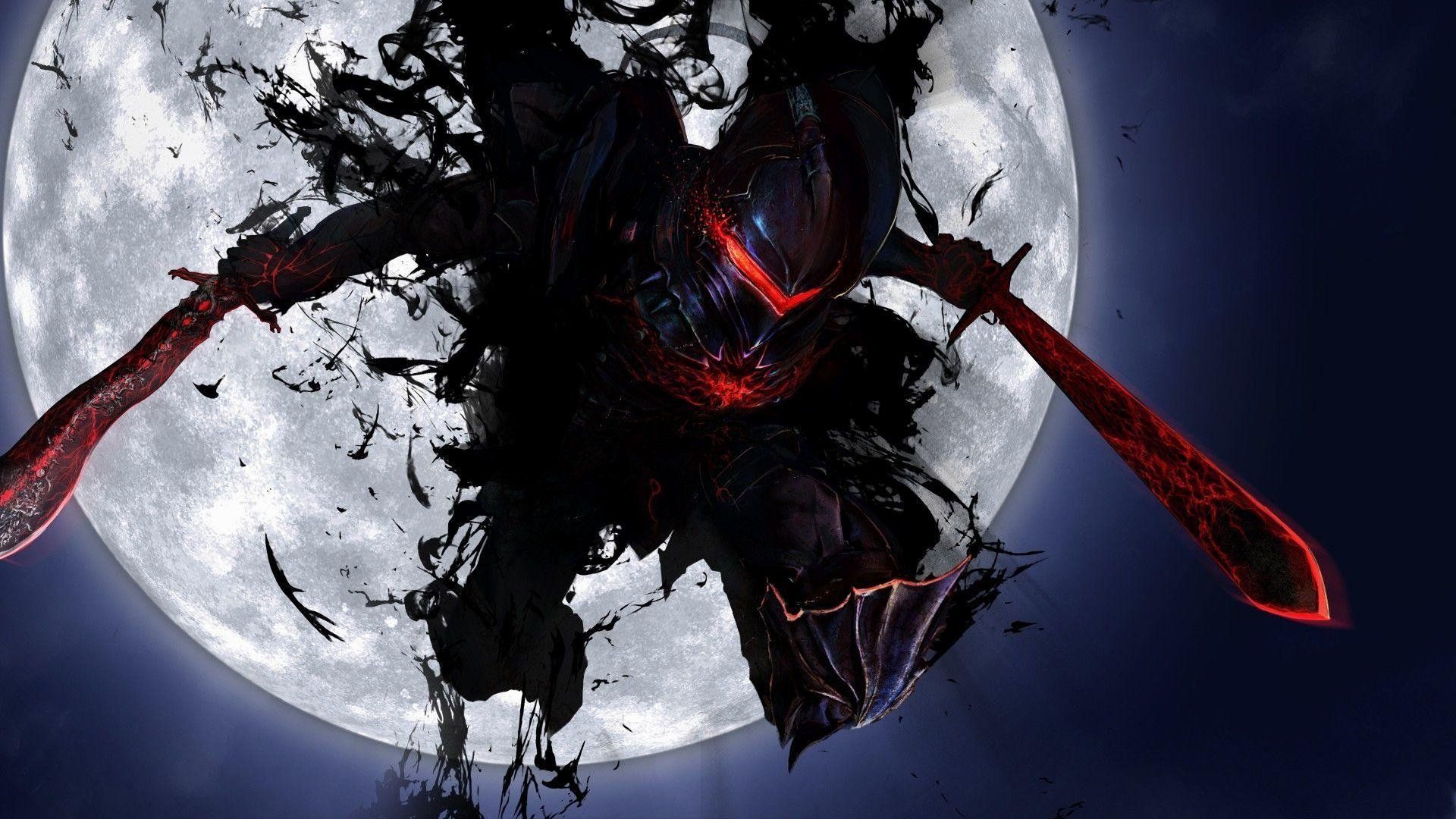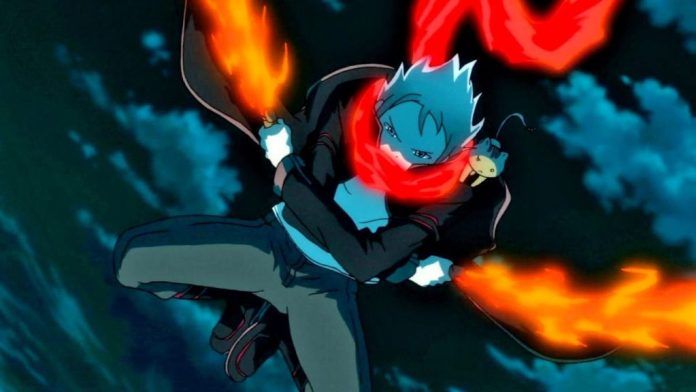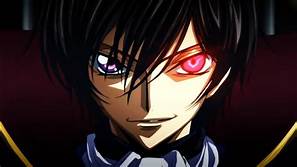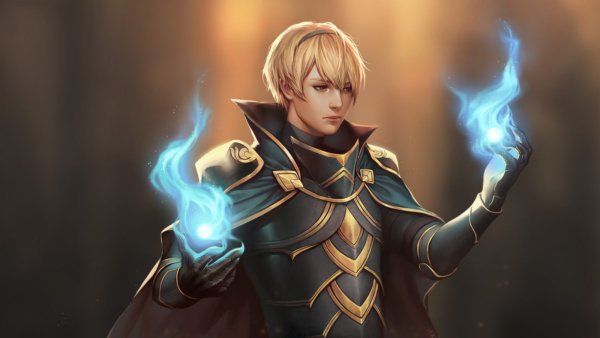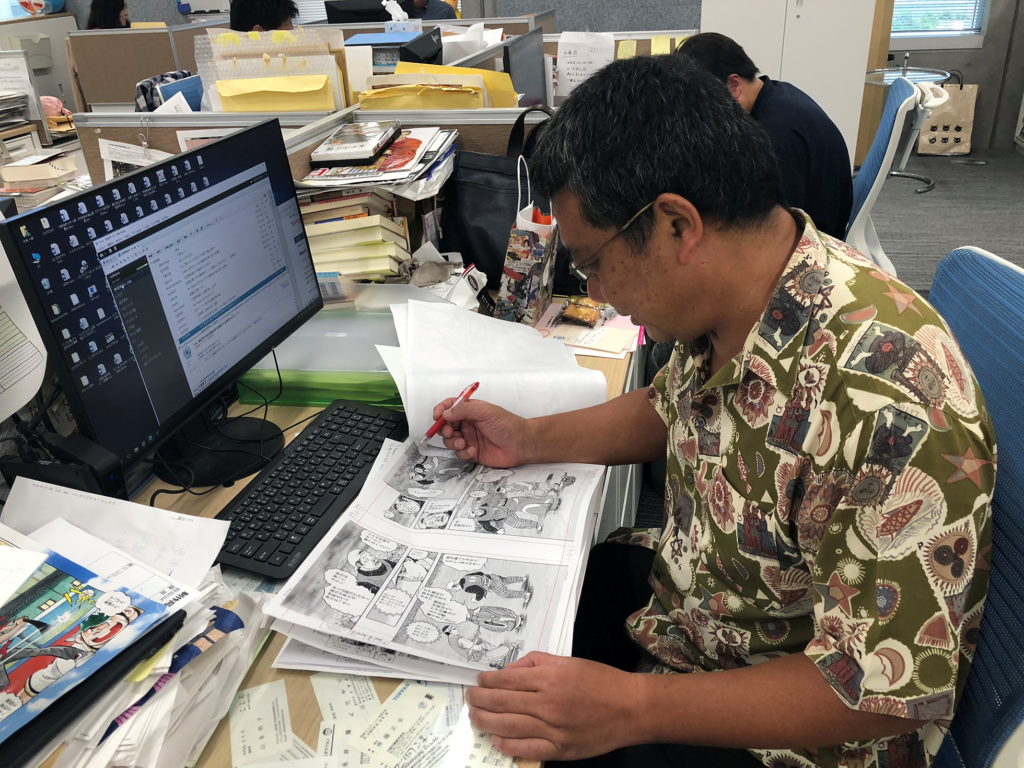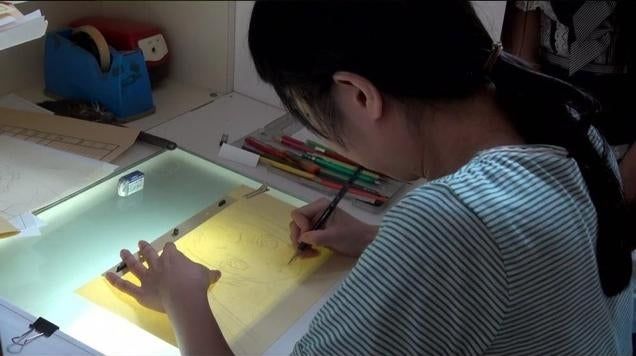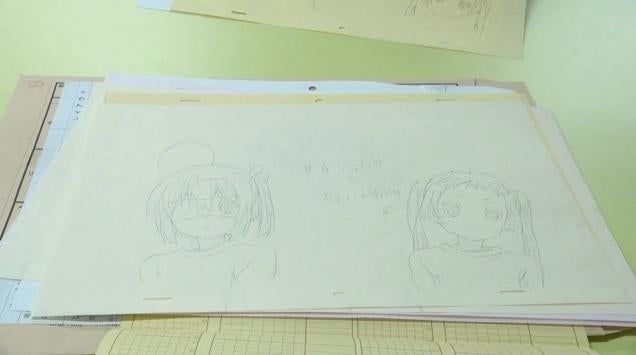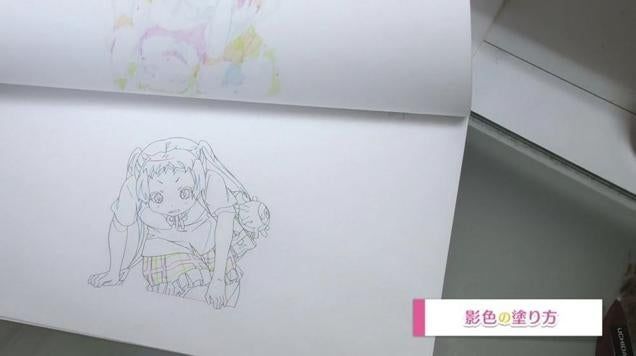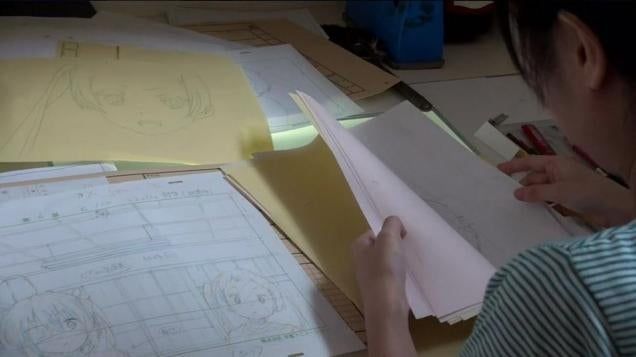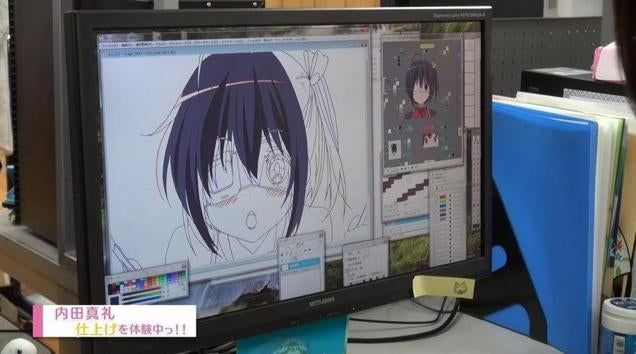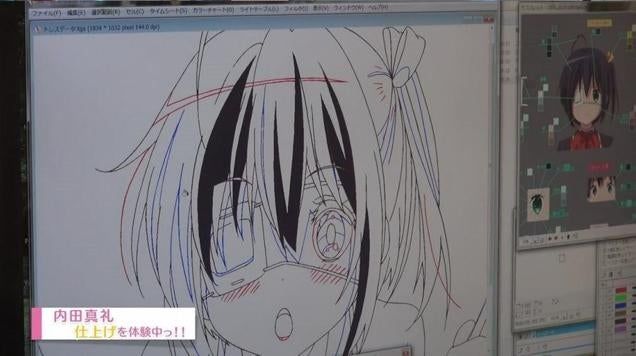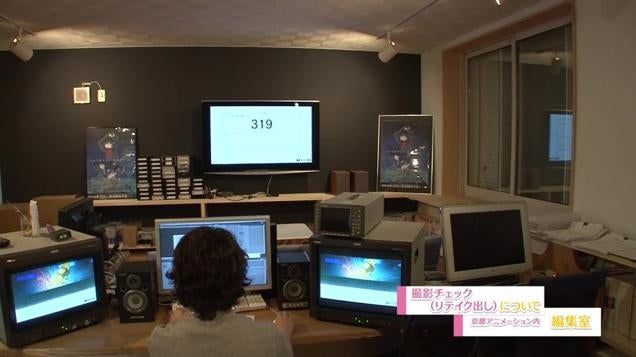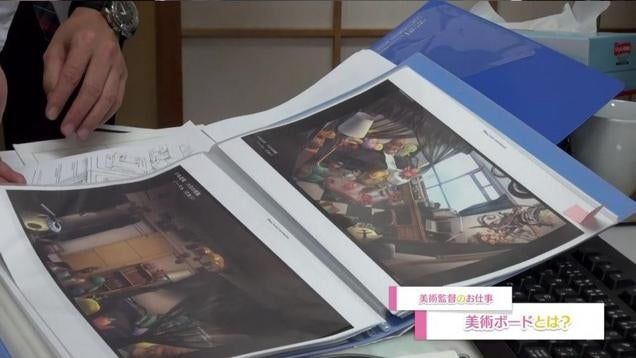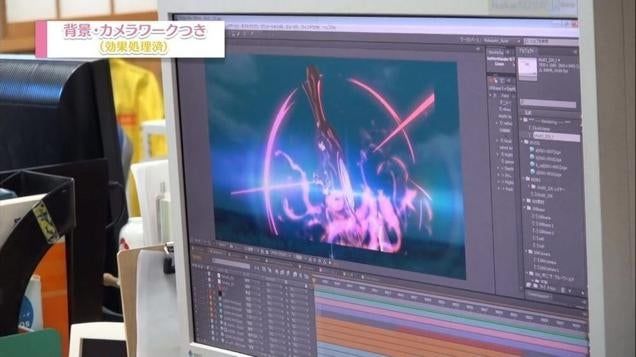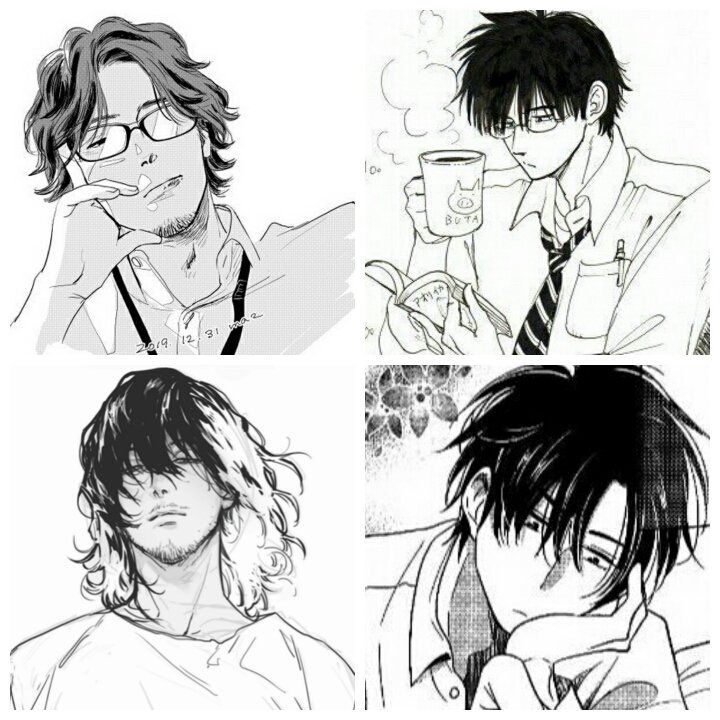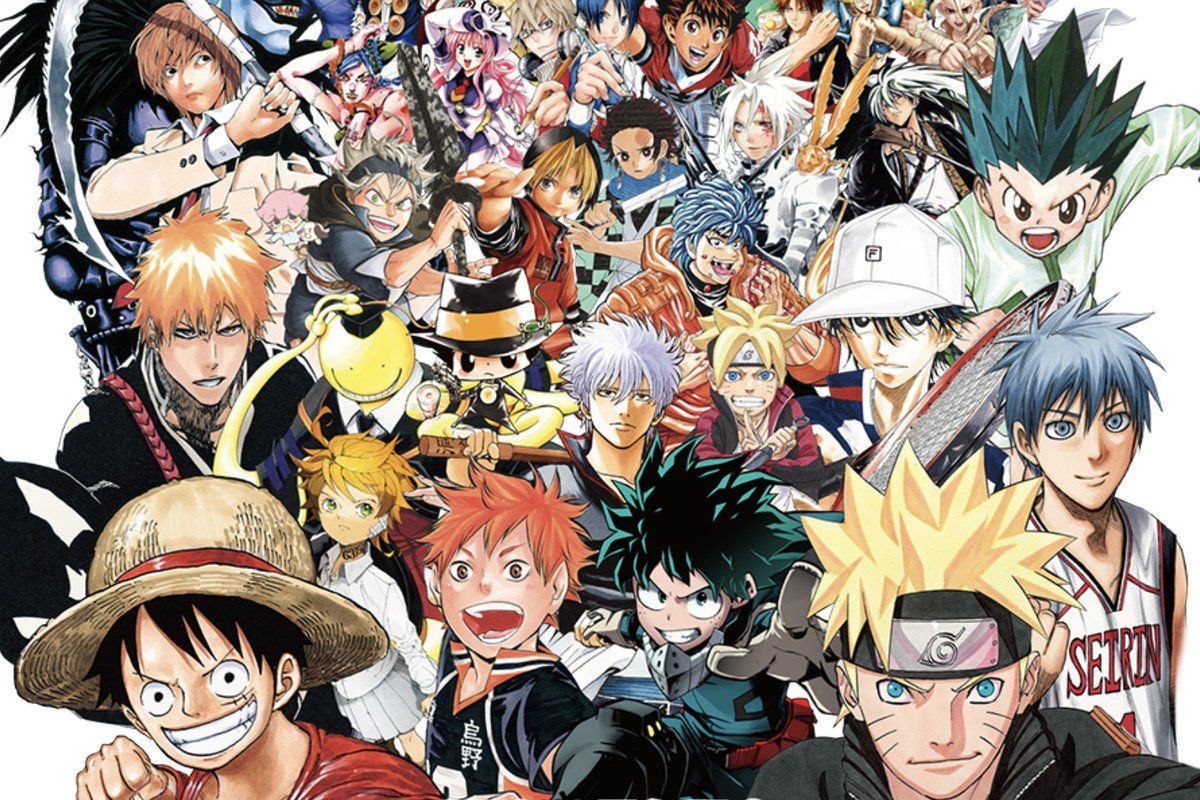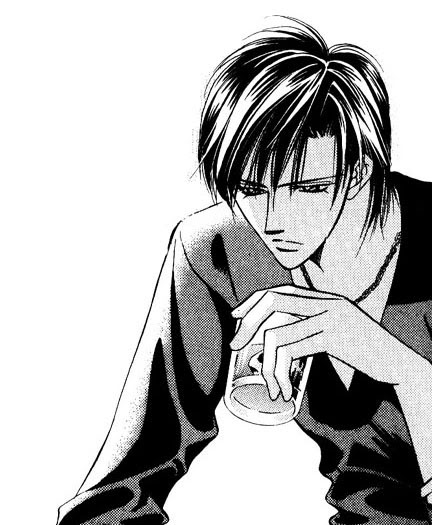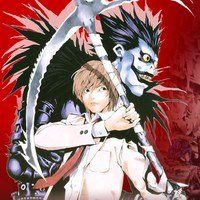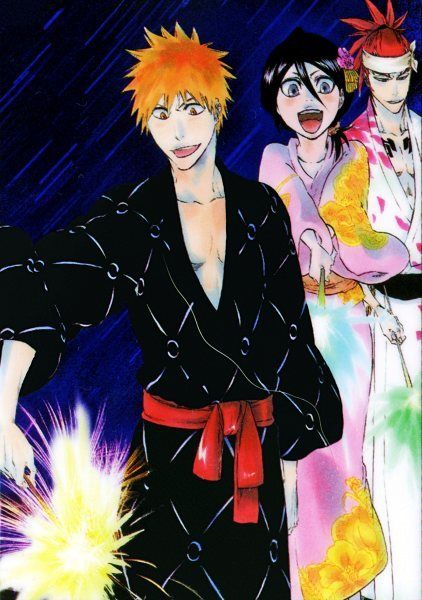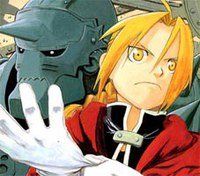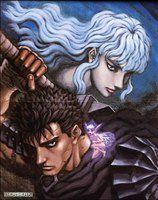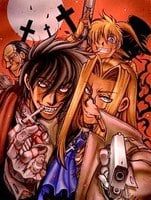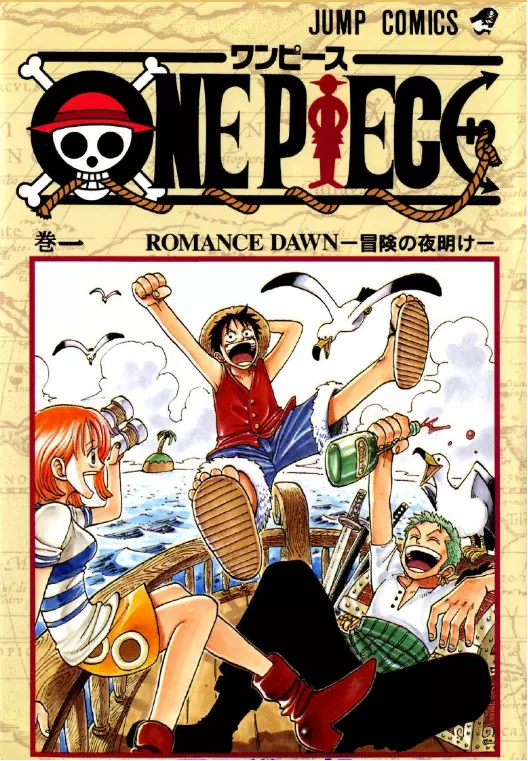An Introduction to Manga
Manga are Japanese Comic books or Graphic novels with a twist
Serialised in newspapers and magazines. Originating in Japan, Manga now has fans across the globe.
How did Manga develop?
How popular is Manga?
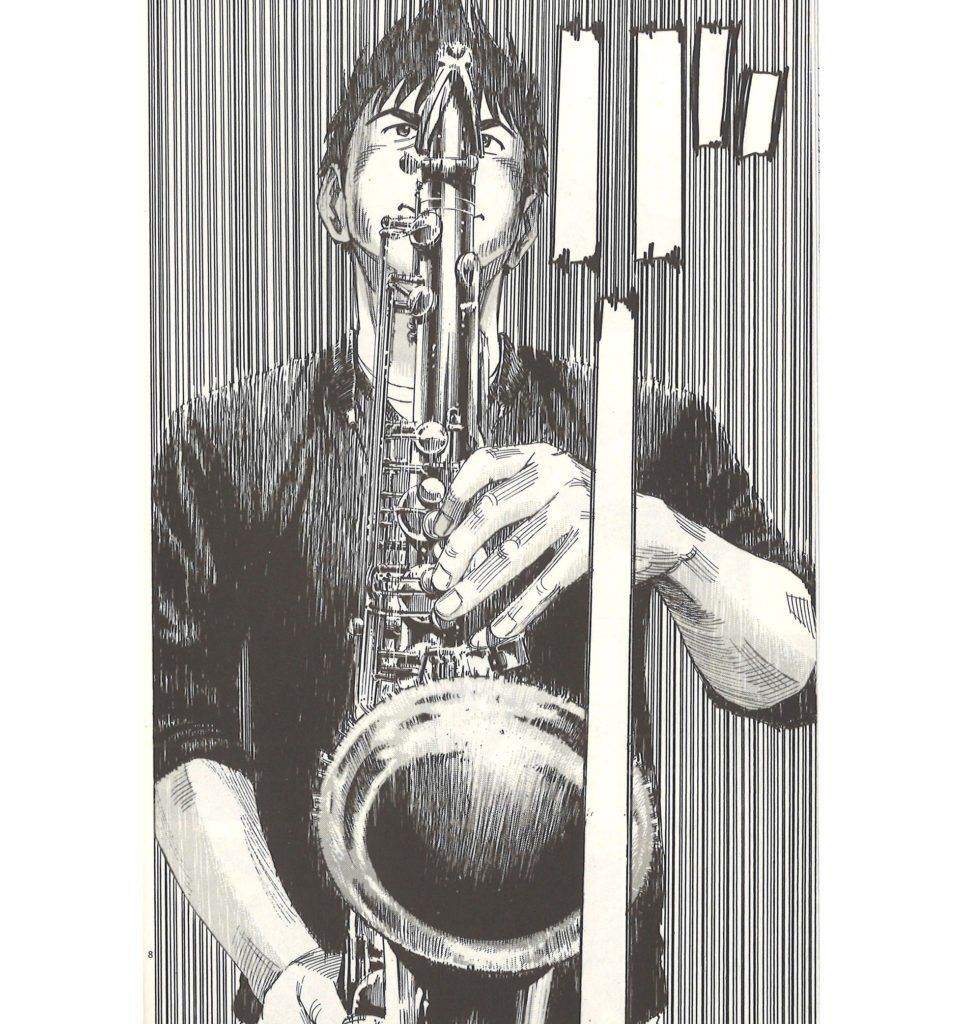
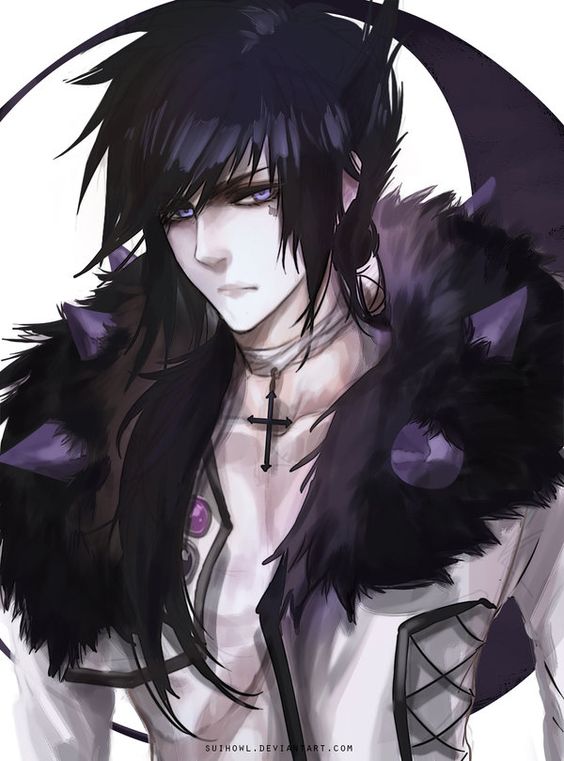
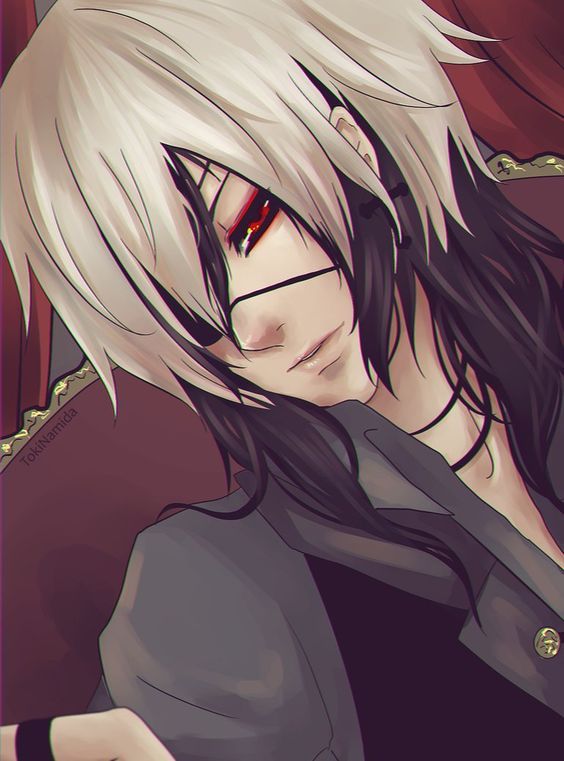
Blue Giant Supreme, by Ishizuka Shinichi, created from 2016 onwards, tells the tale of an aspiring saxophonist and includes visualised musical expressions.
© SHINICHI ISHIZUKA/SHOGAKUKAN.INC.Manga images are supplemented by sound effects that include onomatopoeia and imagined sounds (giseigo and gitaigo), which are important components of the Japanese language. These sounds are drawn into the composition, enhancing their effect by making them part of the image rather than resting the words on top of the image or in a bubble.
Blue Giant Supreme, a compelling manga created by Ishizuka Shinichi, tells the tale of saxophonist Miyamoto Dai, who travels to Germany to pursue his dream of becoming one of the world’s best jazz saxophonists. The music scenes show Manga at its best – the reader can almost hear the sounds through the vertical tightly drawn lines and sound effect symbol (in katakana, a Japanese phonetic system) reading ‘baaaaaaa’.
How is Manga produced?
Nakaguma Ichirô, the senior Manga editor at Shogakukan, is seen here checking the Manga offer before approving it for inclusion in Big Comic Original magazine.
Many large publishers in Japan derive a significant portion of their profits from Manga. It is big business, the turnover of the domestic Manga industry in 2016 was approximately £3 billion. Four of the top publishers who also control a large share of the Manga market are Kodansha, Hakusensha, Shogakukan and Shūeisha. They are constantly competing, publishing rival magazines and trying to keep popular Manga artists. Editors are assigned by the publishing houses to specific Manga artists and play a key role in developing Manga stories in collaboration with the artists. They work closely with individual artists and often help with content as well as managing production schedules and overall formatting and conducting basic research for the artist on the theme or images depicted.
The 5 Types of Manga
There are five types of Manga, Shonen, Shojo, Seinen, Josei, and Kodomomuke.
Each type of Manga—Shonen, Shojo, Seinen, Josei, and Kodomomuke—is focused on a specific group. They are not genres, like action, romance, and etc., Rather they are just labels so you can tell which audience the Manga is intended for. (Kids, adults, teens, etc.). So while anime and Manga fall into each of the types they can be of any genre. The type of Manga helps you find other similar titles you might enjoy.
One type of Manga is Shonen.
1) Shonen or Shounen
Shonen or Shounen is a word that literally means few years and generally refers to a typical boy from elementary through to older age. Which is fitting for shonen anime and Manga are aimed at males. A lot of these Manga have a male hero and are focused on action, adventure, and fighting. However, comedies and series with female protagonists are becoming more and more common.
2) Seinen
Seinen Manga are Manga marketed to men old enough to read kanji. In Japanese, the word seinen literally means “youth”, but men on into their 50s also enjoy reading seinen. Seinen usually targets men between the ages of 18-24. Seinen Manga tend to be of a more violent and/or psychological nature than shonen series but there are seinen comedies as well. Seinen Manga can also have content of a strong nature but this is not the focus of the work.
3) Shojo
Shojo is aimed primarily at a female audience, typically characterized by a focus
on personal and romantic relationships. Shojo is often translated as female is the female counterpart to shonen, and manga of this type are aimed at girls between the ages of 18-24. These Mangas tend to focus on romance and interpersonal relationships but that does not mean they are without action or adventure, infact many do.. Shojo works almost always have a female lead.
4) Josei
Josei is a category of Manga, anime, and other entertainment aimed at female audiences aged 18 to 40. Like its Counterpart Seinen, Josei is notable for more realistic, less idealized portrayals of romance and life. Josei Mangas are aimed at adult women. Josei series are often slice-of-life or romantic tales featuring adult women, though, in recent years, shonen-like action-adventures have become popular as well. Josei works tend to contain more realistic interpersonal relationships (as opposed to shojo’s often idealized ones) and can cover darker subjects While many Josei Manga have female main characters, many others have male characters
5) Kodomomuke
Very simple easy to understand stories
Different types of Manga Movies
Shoujo Seinen Shoji Kodomomuke Shonen
Where can I find Manga - from rare to popular
- Simple -
email : thecgccomicshop@gmail.com
The Mysterious Diamond - All 12 Episodes
Full Metal Alchemist
Fullmetal Alchemist follows two brothers, Edward and Alphonse, in a fictional world where alchemy rules
Akira
Plunges us into a dark future where the divide between man and machine has become increasingly blurred, and where loyalty exists on a knife's edge.
Naruto
Naruto is a ninja in training ,The series showcases his training, exams and missions
Black Butler
The butler helps Ciel avenge past, gets what he wants...A month later he returns to take over the illustrious family business with a butler named Sebastian Michaelis.
Bleach
Ishigo always see spirits but one passes her Spirit Pressure energy through him, he is given powers of a Soul Reaper
Ghost in the Shell
Major Motoko Kusanagi is an officer in Section 9, an elite, secretive police division that deals with special operations
including counter terrorism and cyber crime


